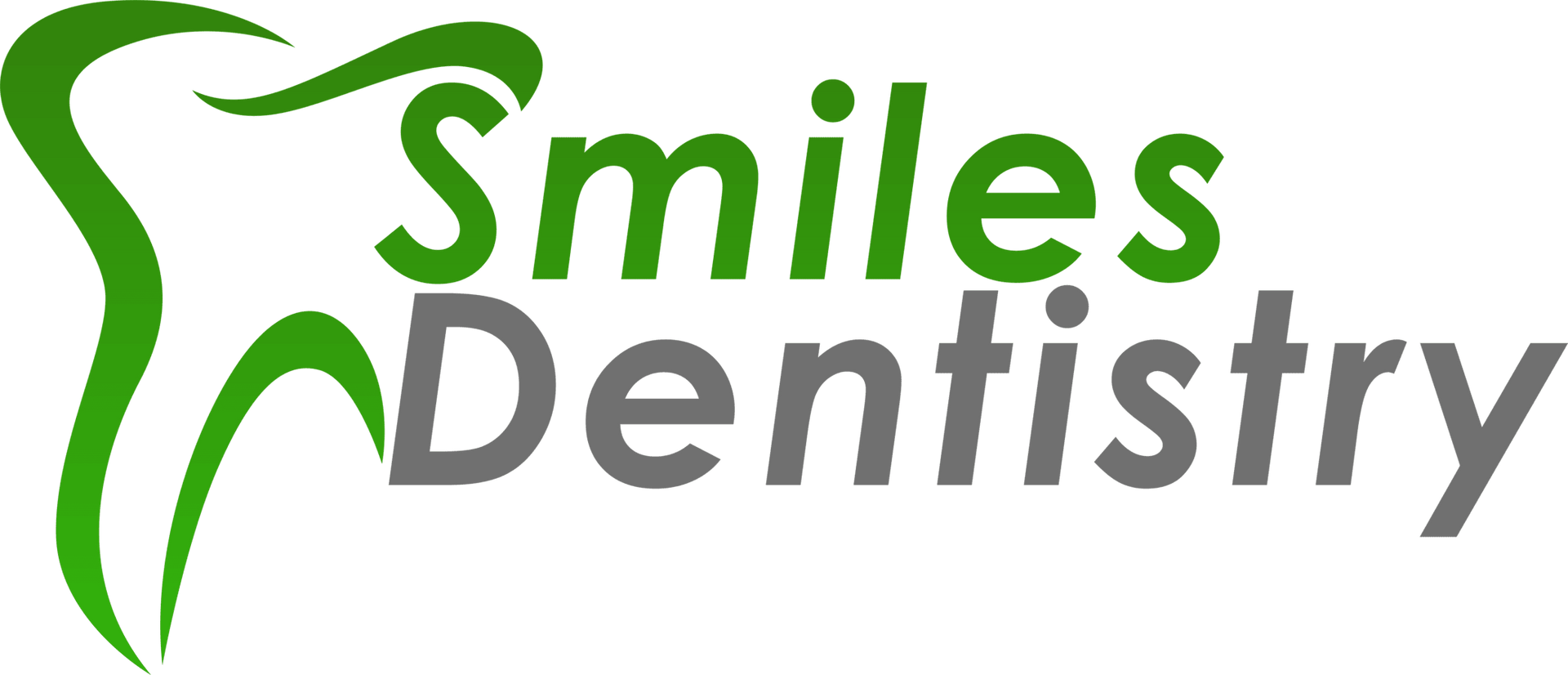At Home Dental Care
Taking care of your oral health at home helps prevent cavities, gum disease, root canals, and other uncomfortable procedures. Proper oral care from home helps keep any potentially harmful oral diseases at bay and provides our dental team with the advantage of treating those issues in their early stages. Here are a few tips to develop a constructive at home oral health care routine.
List of Services
-
Floss
Flossing removes plaque from the areas between your teeth that your toothbrush cannot reach. If that plaque remains, it often leads to tooth decay and gum disease. Be certain that you floss at least twice per day because a toothbrush, on its own, will only achieve so much for your oral hygiene and health. It is also important to floss after eating any meal or snack to ensure you remove any food particles between your teeth before they have a chance to develop into a more serious oral health condition.
-
Fluoride Toothpaste
Fluoride is successful at preventing cavities and repairing tooth enamel, a fact that has consistently been solidified by scientific research. A naturally occurring element, fluoride is completely safe when it is properly utilized. Parents are urged to only use a smear of toothpaste on a toothbrush for babies and children younger than the age of three, and a pea-sized dab for children ages three to six.
-
Toothbrush and BrushingList Item 1
A soft-bristled toothbrush, with a head that is small enough to comfortably reach all your teeth, is recommended. With it, you will get a thorough cleaning and avoid the abrasion that often comes with a medium or hard-bristled toothbrush. You should also change your toothbrush when the bristles begin wear down or soften, which is generally after three months of use.
Gently brush at a 45-degree angle against the gumline with a short, circular motion. Brushing too frequently, or with excess force, can cause gum recession and harm the root surfaces of your teeth, abrading them in the process. Your roots, when exposed, are at a greater risk of decay and might become quite sensitive to hot and cold temperatures. These surfaces are not covered by ultra-hard enamel that protects the crown of your teeth above the gumline, so they tend to wear faster. Brush moderately twice per day for about two minutes on each occasion since it does not require too much effort to remove trapped food particles and bacteria plaque.
-
Mouthwash
Mouthwash, when used daily and for the advised amount of time that is printed on the bottle, can greatly reduce plaque and gingivitis. A mouthwash with alcohol might cause irritation, but you can always switch to one without it.
-
Drink Water
A moist mouth is crucial for all patients since mouth dryness increases plaque accumulation and your risk of both tooth decay and gum disease. Tobacco products, alcohol, caffeine, and certain over-the-counter prescription medications help contribute to mouth dryness. Drinking water is important because it keeps you hydrated and provides several health benefits for your body. Within your mouth, it keeps sensitive areas moist and stimulates the healthy movement of saliva. Your saliva buffers acids, helps digestion, assists the mouth in thwarting germs, and safeguards your teeth from decay.
-
Avoid Sugary Snacking and Acidic Beverages
Tooth decay is the most common chronic disease of both children and adults, despite being almost completely preventable. Sugars are consumed by oral bacteria and then release acids that attack our teeth, producing tooth decay and cavities. Consuming less sugar is beneficial for your teeth, but, if you cannot eliminate these snacks from your diet altogether, limit them to mealtimes a couple days a week. This allows your saliva an opportunity to better neutralize and diminish the acids when consumed.
Acids soften the hard enamel that covers your teeth by dissolving the outer layers, giving your teeth a gritty feel. Soda, sports drinks, and juices dissolve calcium out of the surface enamel through a process known as de-mineralization. Because saliva is rich in minerals, it has a natural neutralizing and buffering capability that will re-mineralize enamel surfaces impacted by acid. This is why it is important to steer clear of these drinks, and instead drink plenty of water.
-
Understand Poor Oral Health Habits
Aside from sugar intake, there are a few other detrimental oral health habits that you should be aware of, including the use of tobacco products, consuming excessive amounts of alcohol, and chewing on your fingernails, pencils, pens, or bottle caps. Understanding the effects of these tendencies, all of which have negative ramifications on your overall oral health, will assist you in avoiding them. Another example is an oral piercing, as it increases your chances of experiencing gum pain or a chipped tooth. A clenching or grinding habit can also harm your teeth, jaw joints, and muscles, particularly during your sleep.


